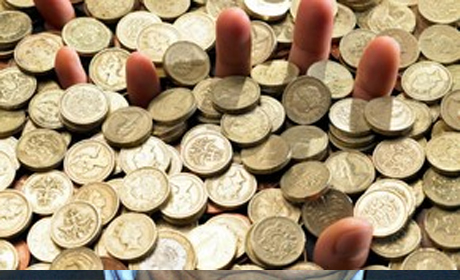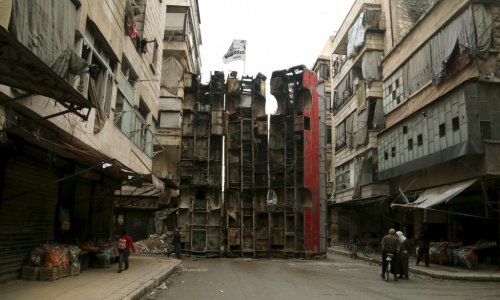The former Soviet state's economy and currency are suffering side effects from the plunge in the Russian rouble and theUkraine crisis, as well as a decline in exports and foreign investment and a rising government deficit.
"We've decided to tighten monetary policy from next week by using all the mechanisms that we have," Georgy Kadagidze, the governor of the National Bank, told reporters.
He gave no details of what measures the bank would take or on which day they would be announced.
The lari was trading at 2.0557 per dollar on Friday, much weaker than its 1.7542 lari rate at the start of November.
The central bank kept its main refinancing rate unchanged at 4 percent in December, after data showed annual inflation below the government's 6 percent target for 2014.
Consumer prices rose 2.0 percent year-on-year in December after rising 2.8 percent in November. The central bank's next monetary policy meeting is scheduled for Feb. 11.
"Taking into account the challenges in the economy and analysing the current situation, we should start to revise down the 5 percent economic growth forecast (for 2015)," Kadagidze said.
"The only right way in this situation is to raise the refinancing rate," a source at the central bank, who did not want to be named, told Reuters, adding the lari should also be supported by economic growth, a rise in exports and foreign investment.
Russia reopened its market for Georgian wine, mineral water and fruit in 2013 after imposing bans in 2006, but relations between the two countries are still tense following their 2008 war over two Moscow-backed breakaway regions.
The central bank's currency reserves fell to $2.699 billion by Jan.1 2015 from $2.823 billion in the beginning of 2014, mainly due to interventions at the end of the last year.
Georgian exports fell by 2 percent in 2014 to $2.9 billion, while imports rose by 7 percent to $8.6 billion. The trade deficit rose by 15.5 percent last year to $5.7 billion.
Trade turnover with Russia, which was Georgia's third biggest trade partner by country in 2014, rose by 9.5 percent to $850 million.
Georgian Prime Minister Irakly Garibashvili on Thursday attributed the lari's recent depreciation to global factors.
"We should not expect significant increase of prices because of the lari depreciation, especially against the background of the falling oil price," Garibashvili told a government meeting.
(Reuters)
Follow us !











